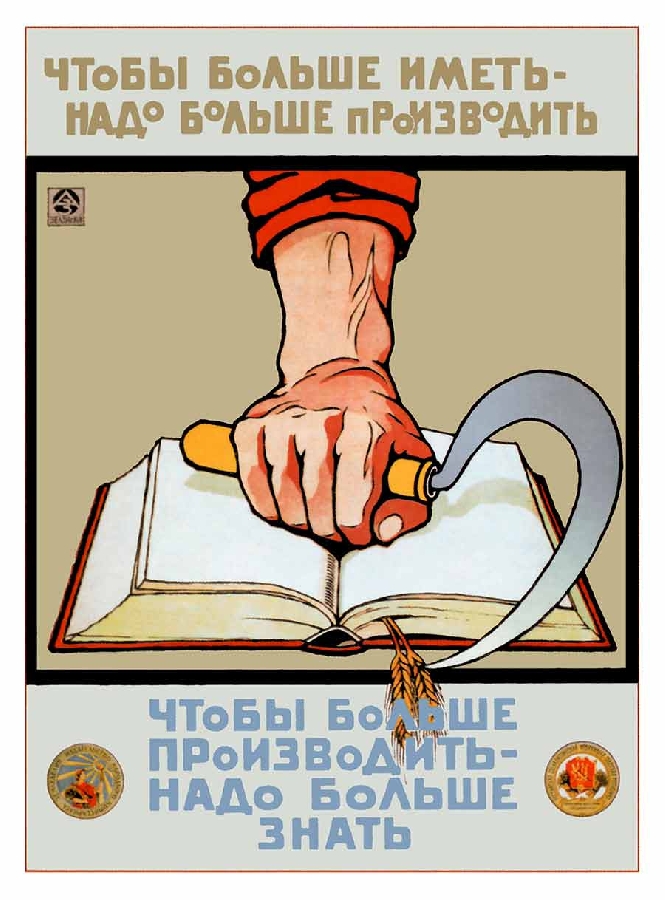cross-posted from: https://lemmygrad.ml/post/939684
Hello everyone, welcome to Theory Thursday! This is a community led project, the point of these posts is to read about 30 minutes of theory every Thursday. Then we discuss with fellow comrades the contents of the reading. This week’s topic we are covering Fredrick Engels’ The Principles of Communism, parts 1-13.
The reading: https://www.marxists.org/archive/marx/works/1847/11/prin-com.htm
Discussion
- What was bad about the text?
- What was good about the text?
- Overall, how can we apply this reading to our current conditions?
Next week we will be discussing parts 14-25 of the text. Have a good week comrades, until next time!


This is a high effort response, thank you for that! Your comments on how selling ‘labor’ morphed into a better defined ‘labor-power’ was a great catch. Personally I wouldn’t have noticed it if it weren’t for the footnotes describing that. As far as the slave-prole comparison goes, I can see why people would debate one way or another who’s worse off. Especially considering the time frame this was written in. Personally I don’t see the point in it. Its like debating what’s worse, burning to death, or drowning. The answer is both would be terrible, and there isn’t a great way to measure it, so why bother? Seems kind of irrelevant, just my two cents, maybe I’m wrong here. I’ll have to add that book to my reading list!
Thank you!
I agree, the answer is far from clear, and it heavily depends on which particular situations are being analyzed and by which metrics.
I also agree about the nature of the debate, but I can see it possibly stemming from the efforts to agitate and organize workers in the European cities, especially at the time and with the conditions being described as worse for the proletariat. This is a useful lens through which to view many of these Marxist texts - they were made in an effort to solve particular questions and practical problems raised at the time, but they still do contain general theory which we can apply to our situations.
As regards Losurdo, I have nothing but praise for his writing. Class Struggle deals most closely with Marxist theory and is very illuminating in that respect, but all of his works on various aspects of the history of philosophy are excellent! I would say he is by far the best authority when it comes to the various philosophies of the 19th and 20th centuries. The only problem is that not all of his works have been translated to English, but the number is growing.